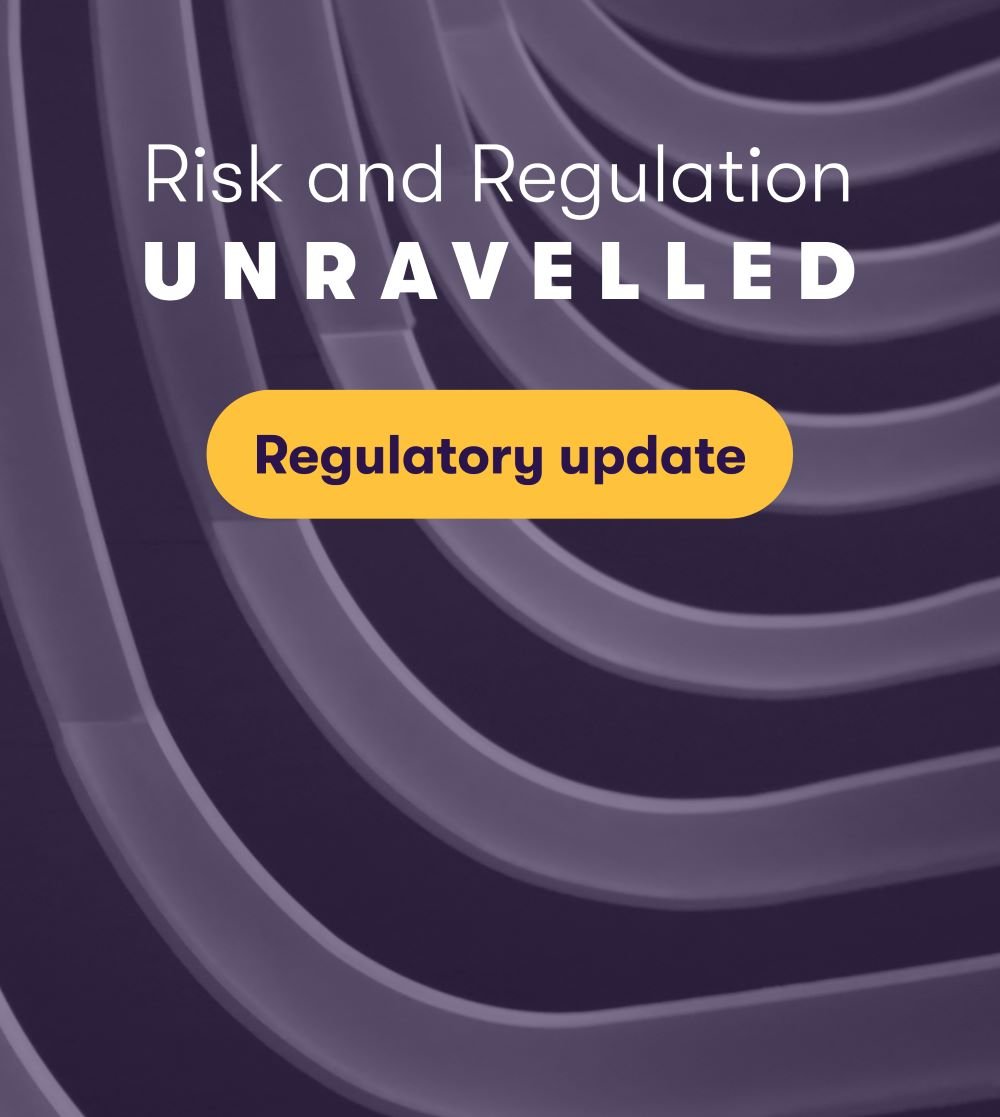
The regulator has delayed the publication of near-final rules to after summer – the original timeline was the end of Q2 2024. The second policy statement looks at credit risk (standardised and internal ratings-based approach), credit risk mitigation, output floor, Pillar 3 disclosures and reporting.
The PRA has stated: “We are now in the last stages of completing our work on the Basel 3.1 package and expect to publish near-final rules shortly after the summer break.”
The first policy statement was published in December 2023, covering scope and levels of application, market risk, credit valuation adjustment, operational risk, Pillar 2, and currency redenomination.
What does the delay mean for firms?
Basel 3.1 implementation will have a considerable impact on strategy. There’s a lot to think about. Firms are still awaiting clarifications and remain unsure on what to do, but they should act sooner rather than later.
With such a broad scope, successful implementation relies on finding synergies with other regulatory approaches, such as the Fundamental Review of the Trading Book, and the Strong and Simple regime, to reduce duplication and embed lasting change.
It's crucial to stay updated on regulatory developments and plan for timely compliance. A phased approach allows for gradual adjustments and impact assessment.
To get started, a scope analysis will help firms identify how the rules apply to their organisation, based on regulatory categorisation and scale, and how to implement the changes.
From here, firms can:
• assess the impact on governance, people processes and IT systems (among others), with key objectives timelines and deliverables
• review current documentation, assumptions and relevant disclosures, returns or reporting requirements
• design, build and test new processes to support Basel 3.1
• plan revised COREP requirements and test using dummy data from prior returns
• actively consider whether they need to apply for regulatory permissions from the PRA
What’s next?
At present the PRA is sticking with a 1 July 2025 deadline, therefore prompt action is recommended.
The regulatory changes introduced in Basel 3.1 present a challenge for firms, making it essential to establish a thorough implementation plan. This involves assessing business models and product lines, and maintaining regular communication with the project sponsor to ensure effective oversight.
While there's no set method to compliance, the PRA has shown its approach. Stakeholders should understand the implications, strategise effectively, and allocate adequate resources.
To learn more about Basel 3.1 and its implication, contact Kantilal Pithia.![]()




